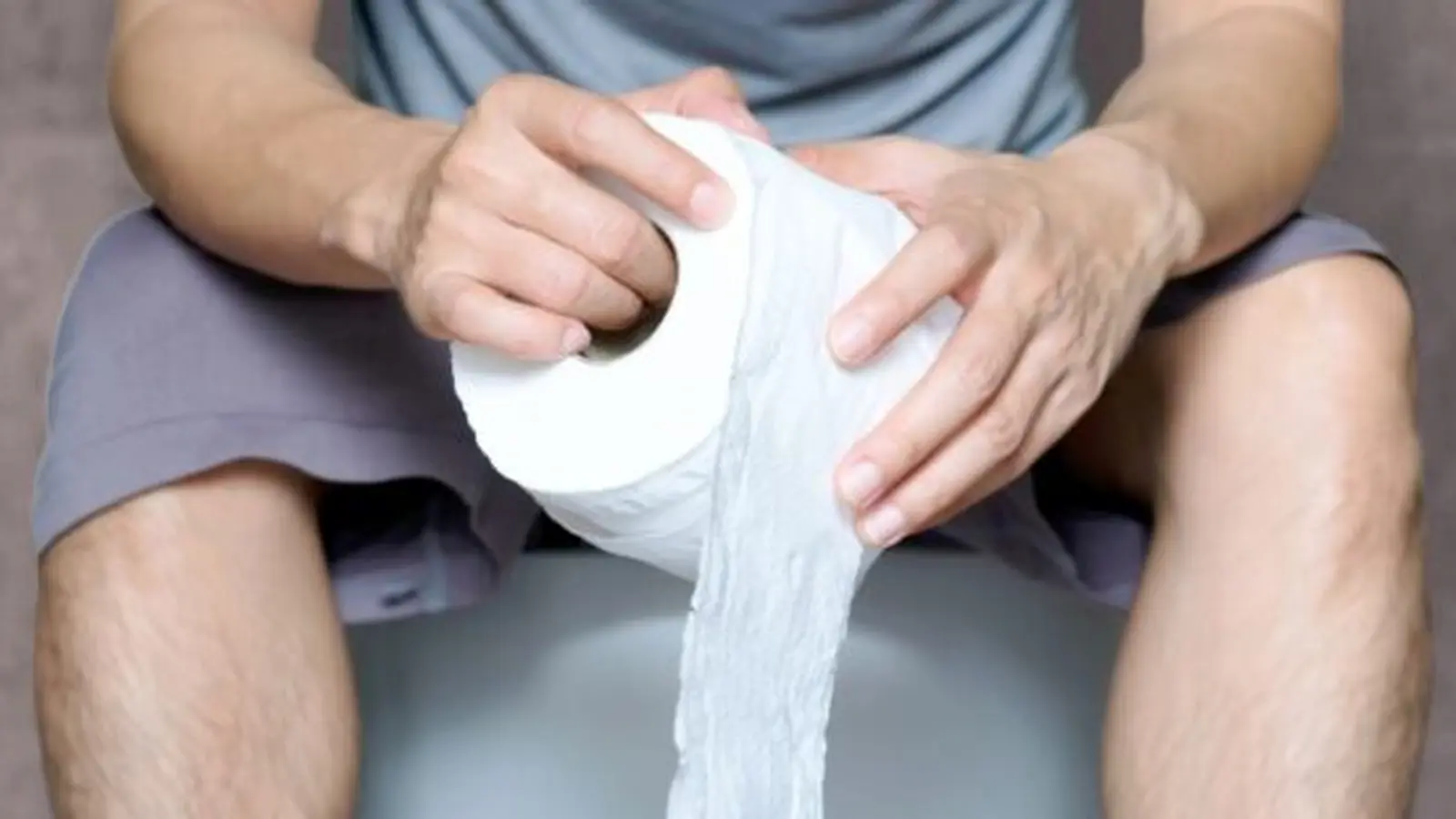5 Minutes
When a Routine Trip to the Toilet Becomes Dangerous
Extended periods spent on the toilet, especially when combined with forceful straining, can precipitate a medical event known as defecation syncope — a subtype of vasovagal syncope. Clinical case reports have documented severe outcomes from prolonged unconsciousness or immobility after fainting on the toilet. In rare, extreme examples, individuals who passed out and remained on the toilet overnight suffered complications including tissue breakdown and infection; one reported case progressed to gangrene, sepsis and death. Understanding the physiology behind these events and adopting safer bowel habits reduces risk.
Physiological background: Vagus nerve, blood pressure and fainting
Vasovagal syncope is an autonomic reflex. The vagus nerves — paired cranial nerves that mediate many involuntary functions — play a central role in regulating heart rate, vascular tone and blood pressure. During prolonged straining (Valsalva maneuver) the intrathoracic pressure changes and baroreceptor signaling can trigger an exaggerated vagal response. The result may be a sudden drop in heart rate (bradycardia) and blood pressure (hypotension), producing dizziness, light-headedness and transient loss of consciousness.
In defecation syncope specifically, the act of bearing down to evacuate stool can provoke this reflex. Standing up or attempting to rise from the toilet immediately after straining may worsen cerebral hypoperfusion and precipitate fainting.
Clinical context and case studies
Multiple case series in emergency medicine describe patients who fainted while on the toilet. Alcohol intoxication, certain medications (e.g., antihypertensives, diuretics, opioids), dehydration, and underlying cardiac or neurologic conditions raise vulnerability. The combination of alcohol and prolonged immobility increases the risk of pressure-related tissue injury. Reported complications include peripheral numbness from prolonged compression, pressure ulcers, and in very rare and tragic instances, limb ischemia leading to gangrene and systemic infection (sepsis) when aid was delayed.

Practical guidance: Reducing risk during bowel movements
To minimize risk of defecation syncope and related complications, adopt these evidence-informed habits:
- Limit time seated on the toilet. Aim to avoid prolonged sessions exceeding five minutes when possible.
- Avoid excessive straining. Treat constipation through diet (increase soluble and insoluble fiber), adequate hydration, and regular physical activity.
- Review medications with your clinician if you frequently feel dizzy during bowel movements — some drugs can predispose to hypotension.
- Have assistance or an alert mechanism if you are impaired by alcohol, sedatives, or significant mobility issues.
Squatting vs. sitting: what does the evidence say?
Some studies indicate that a squatting posture can straighten the anorectal angle and reduce straining required for defecation, potentially lowering cardiovascular stress. However, other research suggests squatting may not be appropriate for everyone and could increase strain on the lower limbs and Achilles tendon in certain populations. The optimal position depends on individual mobility, joint health and overall cardiovascular risk. Using a small footstool to partially elevate the knees while maintaining balance on a standard toilet is a commonly recommended compromise.
Relevance to space medicine and broader science
Autonomic regulation of blood pressure and bowel function is an area of active research in both terrestrial and space medicine. Microgravity alters fluid distribution and autonomic reflexes in astronauts, increasing susceptibility to orthostatic intolerance on return to Earth. Studies of baroreceptor and vagal function in spaceflight contribute to our understanding of syncope mechanisms and inform design of medical monitoring systems. Improved toilet design, motion sensors and wearable physiological monitors may help prevent undetected fainting and prolonged immobility in vulnerable populations on Earth and in isolated environments like spacecraft.
Expert Insight
Dr. Alejandro Rivera, an internist and clinical researcher in autonomic disorders, says: "Defecation syncope is an under-recognized but preventable cause of falls and serious complications. Clinicians should ask about bowel habits when evaluating unexplained syncope. Simple lifestyle measures — more fiber, adequate fluids, and limiting time on the toilet — often reduce the problem. For higher-risk patients, consider medication review and fall-prevention strategies."
When to seek medical attention
Seek urgent care if fainting is recurrent, if you experience chest pain, prolonged confusion, numbness, or if you develop signs of infection (redness, swelling, fever) after having been immobilized. Anyone who fainted and remained in one position for a long time should be evaluated for pressure-related injuries and possible cardiovascular causes.
Conclusion
Prolonged toilet sitting with straining can trigger vasovagal reflexes that lead to dizziness and fainting, and in rare, delayed scenarios, to severe complications from prolonged immobility. Awareness of autonomic physiology, pragmatic changes to bowel habits, medication review and assistive measures can greatly reduce risk. Ongoing research in autonomic regulation — including work in space medicine — continues to illuminate mechanisms and preventive strategies for defecation syncope and related events.
Source: sciencealert


Leave a Comment